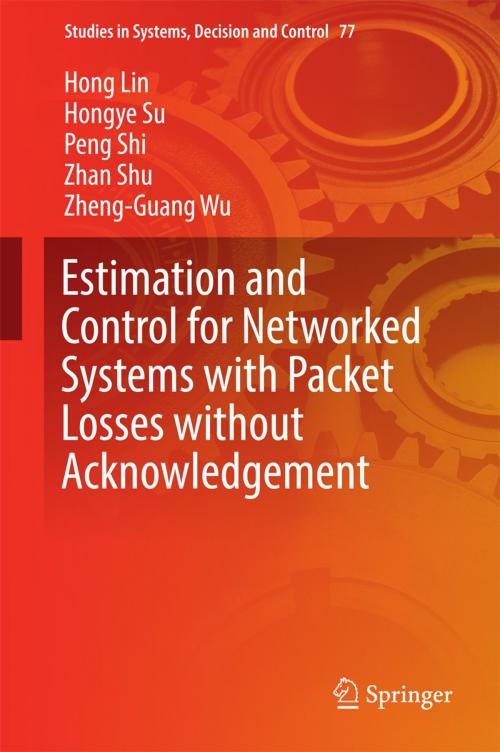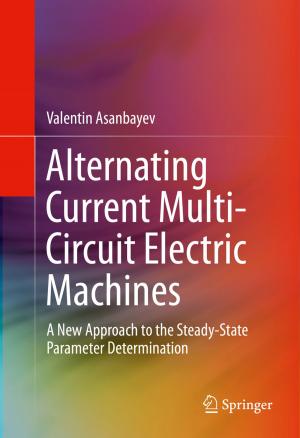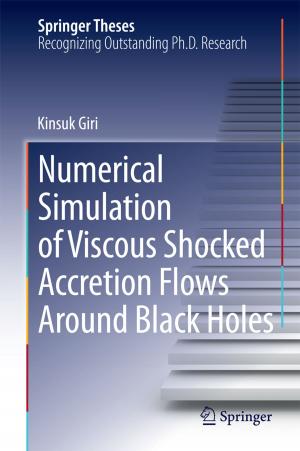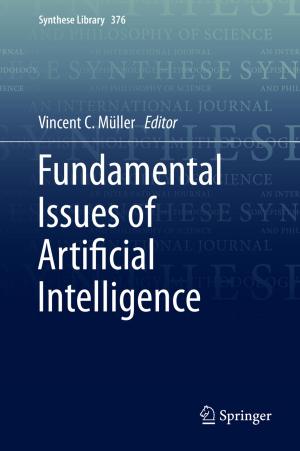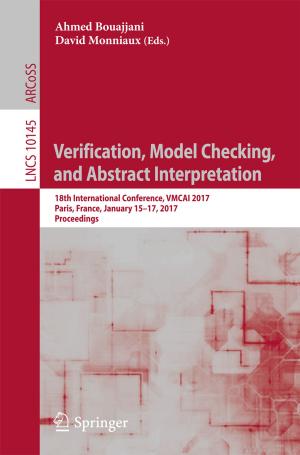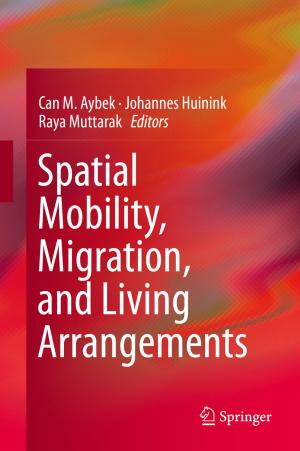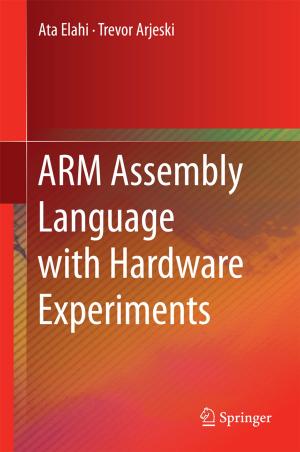Estimation and Control for Networked Systems with Packet Losses without Acknowledgement
Nonfiction, Science & Nature, Science, Other Sciences, System Theory, Technology, Automation| Author: | Hong Lin, Hongye Su, Peng Shi, Zhan Shu, Zheng-Guang Wu | ISBN: | 9783319442129 |
| Publisher: | Springer International Publishing | Publication: | September 21, 2016 |
| Imprint: | Springer | Language: | English |
| Author: | Hong Lin, Hongye Su, Peng Shi, Zhan Shu, Zheng-Guang Wu |
| ISBN: | 9783319442129 |
| Publisher: | Springer International Publishing |
| Publication: | September 21, 2016 |
| Imprint: | Springer |
| Language: | English |
This book discusses recent advances in the estimation and control of networked systems with unacknowledged packet losses: systems usually known as user-datagram-protocol-like. It presents both the optimal and sub-optimal solutions in the form of algorithms, which are designed to be implemented easily by computer routines. It also provides MATLAB® routines for the key algorithms. It shows how these methods and algorithms can solve estimation and control problems effectively, and identifies potential research directions and ideas to help readers grasp the field more easily.
The novel auxiliary estimator method, which is able to deal with estimators that consist of exponentially increasing terms, is developed to analyze the stability and convergence of the optimal estimator. The book also explores the structure and solvability of the optimal control, i.e. linear quadratic Gaussian control. It develops various sub-optimal but efficient solutions for estimation and control for industrial and practical applications, and analyzes their stability and performance.
This is a valuable resource for researchers studying networked control systems, especially those related to non-TCP-like networks. The practicality of the ideas included makes it useful for engineers working with networked control.
This book discusses recent advances in the estimation and control of networked systems with unacknowledged packet losses: systems usually known as user-datagram-protocol-like. It presents both the optimal and sub-optimal solutions in the form of algorithms, which are designed to be implemented easily by computer routines. It also provides MATLAB® routines for the key algorithms. It shows how these methods and algorithms can solve estimation and control problems effectively, and identifies potential research directions and ideas to help readers grasp the field more easily.
The novel auxiliary estimator method, which is able to deal with estimators that consist of exponentially increasing terms, is developed to analyze the stability and convergence of the optimal estimator. The book also explores the structure and solvability of the optimal control, i.e. linear quadratic Gaussian control. It develops various sub-optimal but efficient solutions for estimation and control for industrial and practical applications, and analyzes their stability and performance.
This is a valuable resource for researchers studying networked control systems, especially those related to non-TCP-like networks. The practicality of the ideas included makes it useful for engineers working with networked control.
